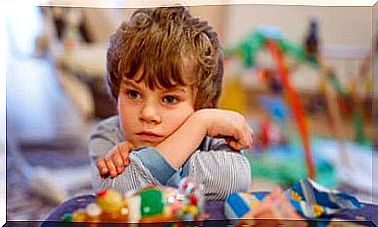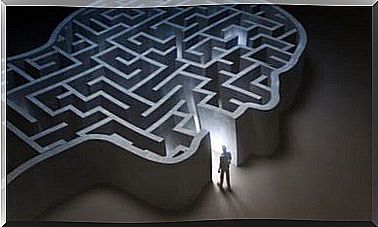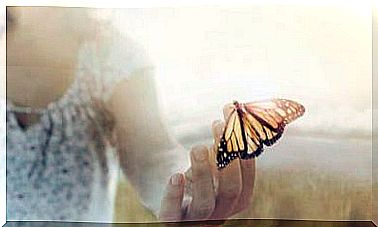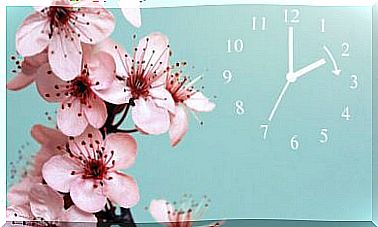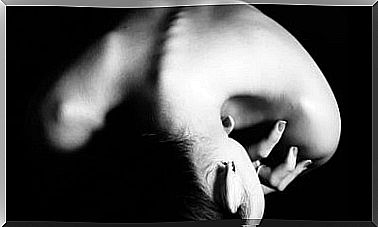When Too Much Caution Hides Too Much Fear

Prudence is one of those virtues that completely permeates the personality. When it has been cultivated, it becomes a kind of halo that surrounds day-to-day behaviors. Aristotle defined this quality as one that incited upright and decent behavior. The church, for its part, considered it one of the four cardinal virtues of the human being.
Today prudence has taken on a slightly different meaning . It is associated more with caution or caution. It is said that someone is prudent when reflecting before acting or refraining from doing so if the consequences he foresees are negative. Or when he behaves slowly, if circumstances warrant.
Long ago it was thought that when prudence made an appearance, so were the other virtues. However, it should be said that lack of determination or courage, or insecurity is also sometimes called prudence. It is important to learn to distinguish one reality from another.
Positive prudence
There is a very positive side to prudence. The key word in it is foresight. This word means to see something before it happens. It has nothing to do with divination, but with logical reasoning. It involves reflection and evaluation of the circumstances to infer where a certain action can lead.
The ability to be prudent and forward-thinking is essential in decision-making. These are virtues that facilitate achievement and allow a higher level of success to be achieved. It confers the ability to apply strategic thinking. Even if it leads to mistakes, they are much more manageable if prudence precedes them.

Prudence is opposed to impulsiveness . It is essential when a decision or an action involves some margin of risk or danger. It is a virtue closely associated with intelligence, reflection and self-control. In complex situations it is a real treasure.
Excessive caution and emotional processing
There are cautious temperaments, which are not necessarily cautious. Prudence also implies being able to use courage when circumstances are favorable. If not, we are no longer talking about prudence, but about fear.
When prudence is taken to the extreme, it does not refer to a virtue, but to a problem in the emotional processing of reality. This is perceived as threatening and therefore what is expected is that any action that involves risks can lead to an unpleasant or sometimes catastrophic outcome. In these cases, everything that implies change is rejected, since it is considered that “the prudent thing” is to move in the areas already known.
That kind of emotional processing does not lead to success, nor to achievement, but to paralysis. Total elimination of risk is virtually impossible. Even in the living room of our house or in bed at home, we are not 100% exempt from danger. Roofs are falling, airplanes too, thieves break into homes… If we focus on those possible dangers, basically we could never live in peace.
Prudent or cowardly?
Excessive caution sometimes takes strange forms, such as extreme perfectionism. The perfectionist wants to shield himself from everything, keep absolutely everything under control and avoid error at all costs. This is obsessive behavior that also speaks more of fear than caution. What lies behind this is a more or less paranoid expectation: if ends are left untied, the worst will happen.
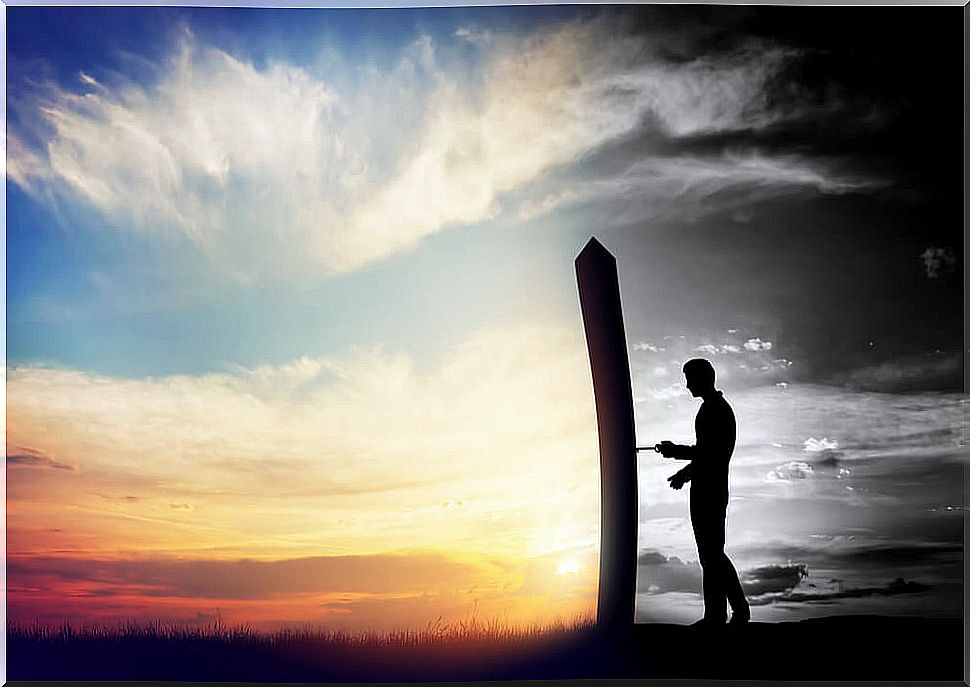
Finally, those who make prudence a pretext for inaction end up being more cowardly than cautious. Calculated risk is not a good option to move forward. We will always be presented with new situations, which we are not used to dealing with, but which hold great possibilities for our growth and development. If we say “no” to them, simply because we don’t know exactly where they are taking us, we are also saying “no” to life.
An emotionally healthy person is capable of daring, not recklessly, but anticipating, planning and calculating. You know that you are never guaranteed on absolutely everything you do. He also knows that error and mistake are always there, lurking. They are not to be feared, they are an enormous source of wisdom and experience. Prudence is not fear, but responsibility.
